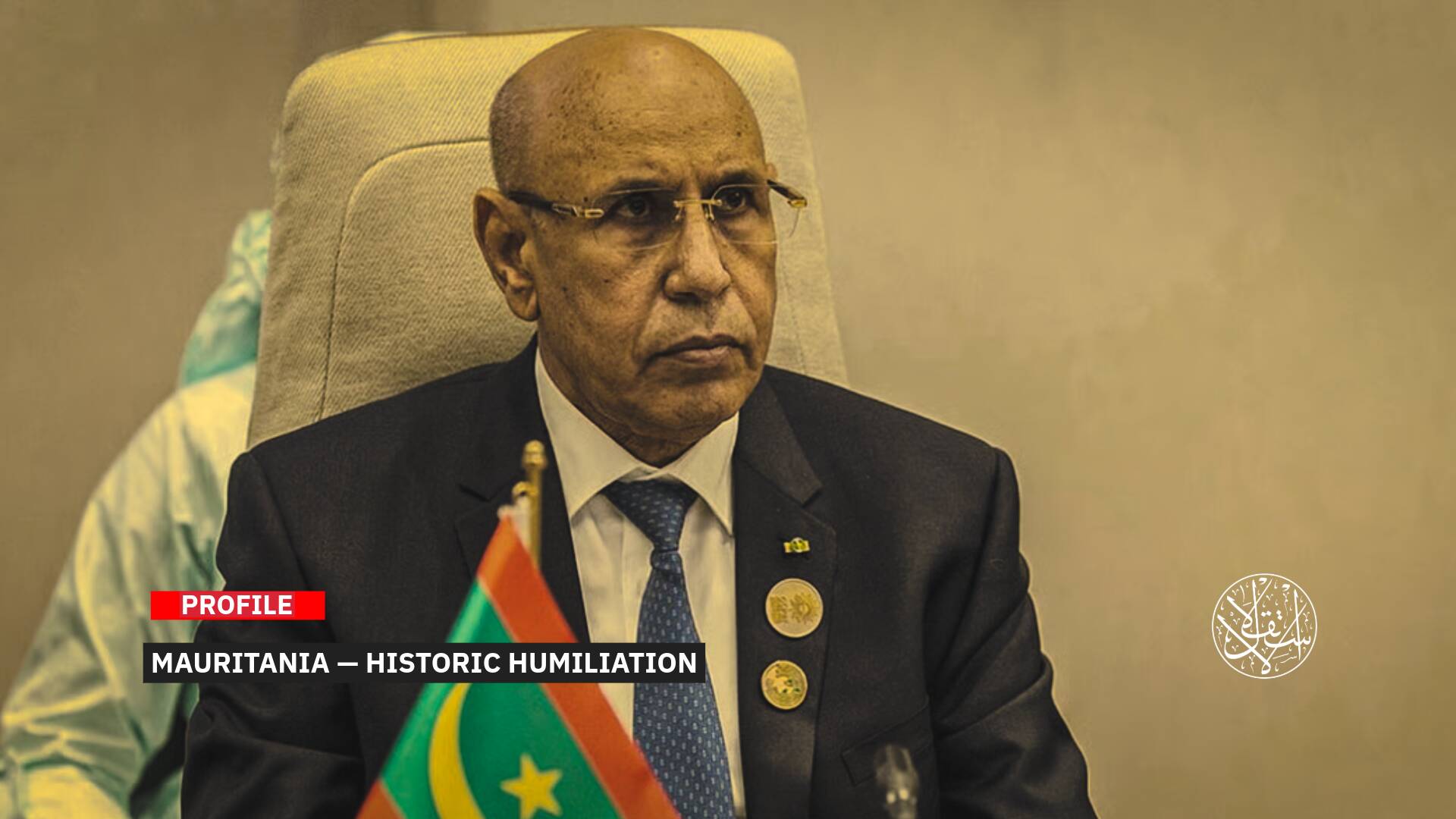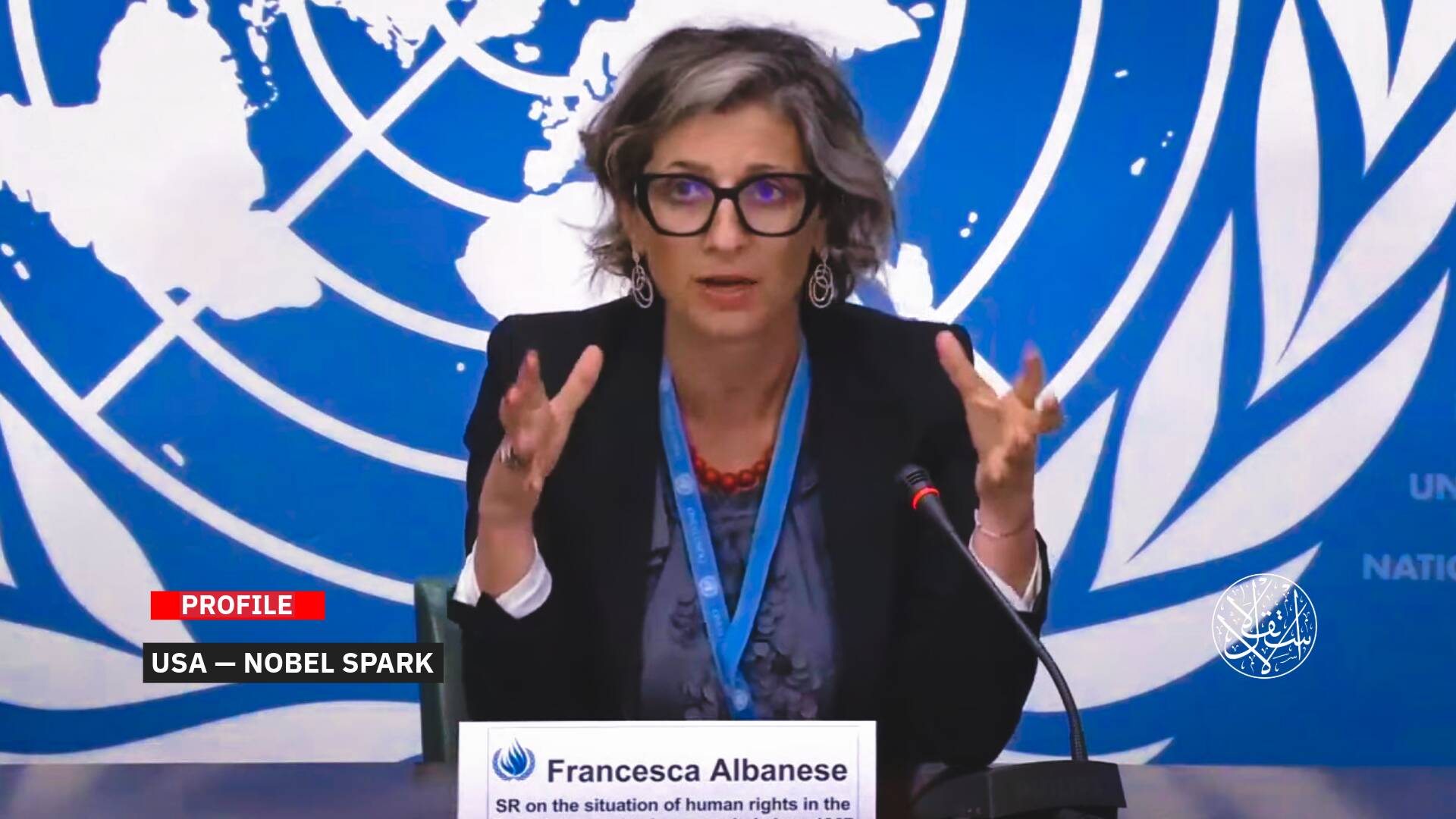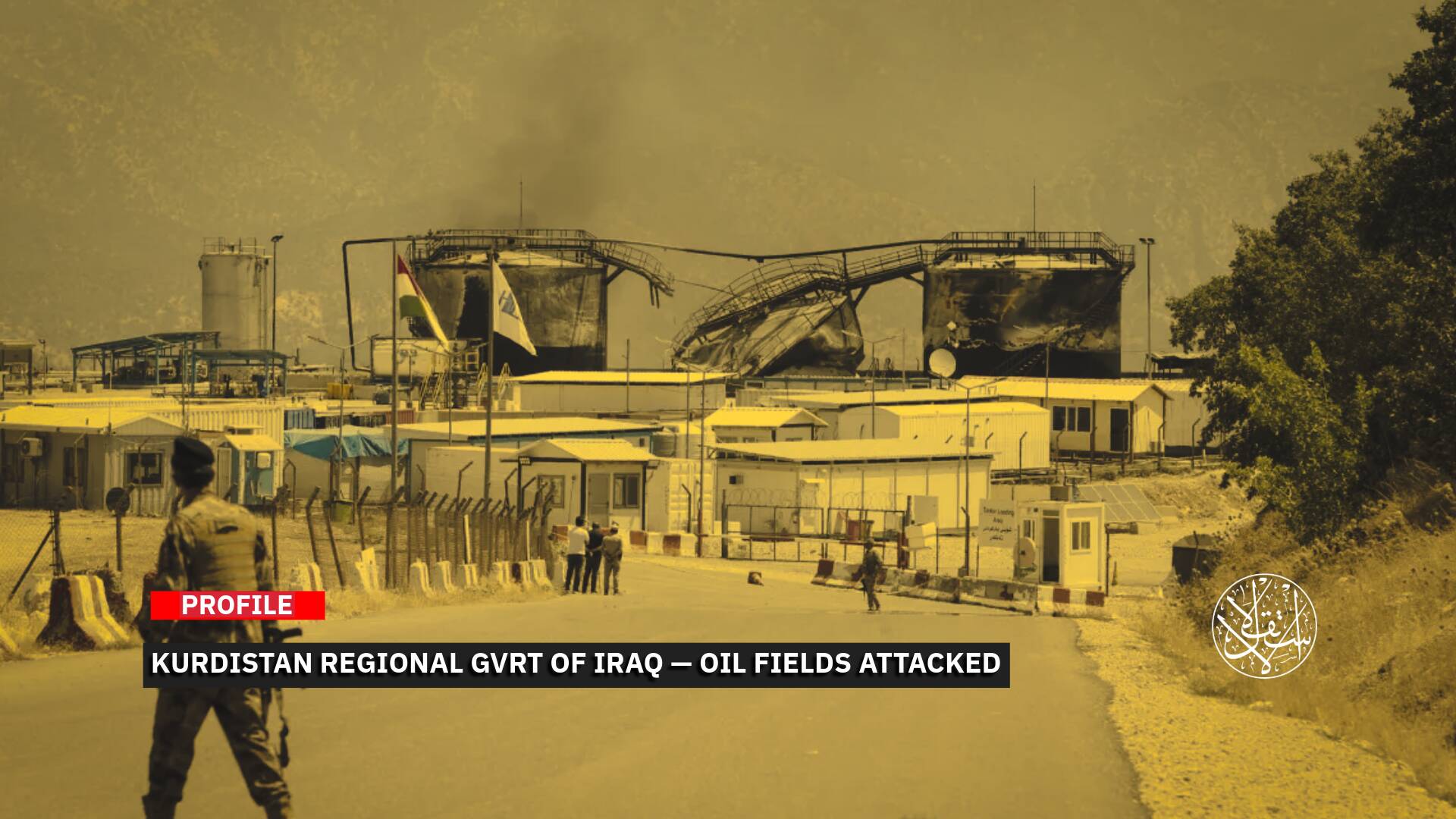Why Has Egypt Failed to Become a Regional Energy Hub?

Egypt, once a major exporter of natural gas, is now facing a severe energy crisis that has disrupted the lives of millions of its citizens.
As the country grapples with the consequences of its overambitious gas policies, Cairo and other cities are plagued by frequent and prolonged power outages that affect everything from air conditioning to internet access.
The Washington Post reported that Egypt’s energy woes began when it seized the opportunity to boost its gas exports amid the Ukrainian war and the rising European demand.
However, within a year, the country found itself unable to meet its own domestic needs for electricity, which soared due to population growth and hotter summers.
The Washington Post described the hardships that Egyptians endure because of the unreliable power supply. Every day, for an hour or more, people have to cope with the heat and darkness without fans or lights. Elevators stop working, forcing residents to climb stairs.
The internet is cut off, hampering communication and work. In some neighborhoods, people rely on the headlights of passing cars to illuminate their homes at night. In rural areas outside the capital, the situation is even worse, with longer and more frequent blackouts.
According to analysts, Egypt’s energy crisis stems from its failure to plan for the decline in its gas fields and diversify its sources of power. The country relies heavily on natural gas to generate electricity, but its production has fallen short of its consumption.
In June last year, the Egyptian government realized that it had to stop exporting gas and conserve energy. In July, as a heat wave hit the country, Prime Minister Mostafa Madbouly announced that Egypt would import more diesel fuel to run its power plants.
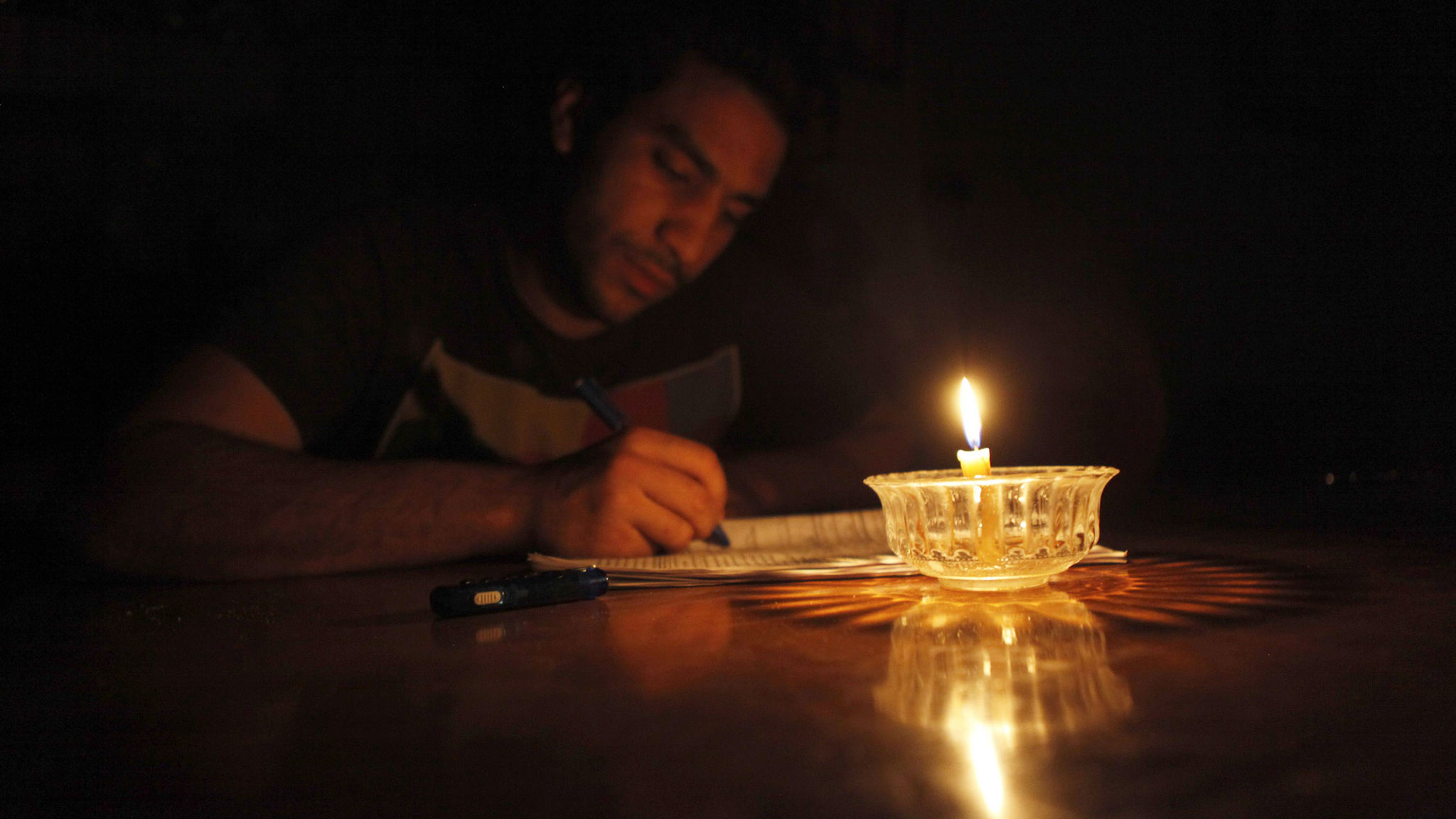
Gas Shortage
A year ago, Egypt seized a chance to profit from the natural gas crisis in Europe, triggered by Russia’s invasion of Ukraine.
With a huge offshore field discovered in 2015 and a dire need for foreign currency, the Egyptian government ramped up gas shipments across the Mediterranean Sea.
But the gamble backfired this summer when a gas shortage left Egypt scrambling to keep the lights on.
Exports halted, and for the first time in nearly a decade, Cairo suffered frequent blackouts, stirring public anger as President Abdel Fattah el-Sisi geared up for a third term.
Every day, for an hour or more, air conditioners and fans stop humming. Elevators stall, internet connections drop, and residents in darkened neighborhoods rely on passing car headlights for illumination. In rural areas beyond the capital, power cuts are more common and longer-lasting.
The growing population and hotter seasons have increased the local demand for electricity in the most populous Arab nation, straining a power grid that depends heavily on natural gas for generation.
Analysts said Egypt was overzealous in its pursuit of producing and exporting natural gas, but failed to plan for the decline in field output and diversify its energy sources. At the start of summer, power seemed to go out at random, Egyptians said — sometimes several times a day, sometimes for hours.
Hussein Anwar, 22, who works at a pharmacy in Giza on Cairo’s west side, said he had to gather all the refrigerated medicines — hormones, insulin, and vaccines — and carry them across the neighborhood to a building with power when the electricity went out for three to four hours in July.
In Mahalla, a midsize city in the Nile Delta, blackouts are still “very random,” lasting from five minutes to three hours a day, said Khaled, the chief executive of a midsize company there.
The company, which does regular international business, had to buy a new generator recently at a cost of more than 100,000 Egyptian pounds (about $3,200). Khaled said Egyptian law forbids carrying fuel in cans, so “every two days, I have to rent a truck to take the generator to the gas station to fill it up.”
Like others, Khaled spoke to The Washington Post on the condition that only his first name be used so he could talk candidly about this delicate issue. He said the government “is failing miserably in addressing this problem. We are facing a catastrophe, and the catastrophe is not shared equally.”
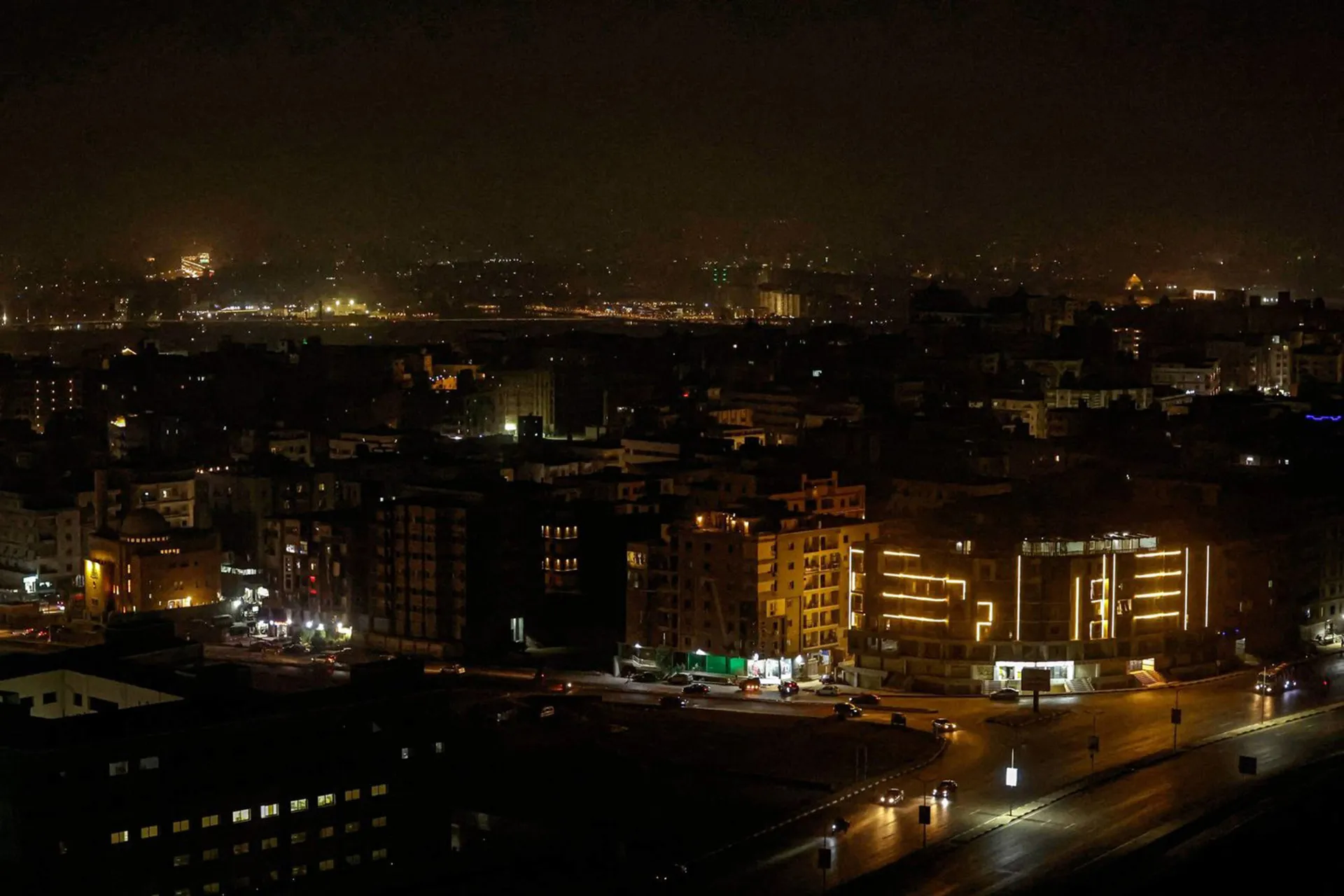
Rationing Electricity
As Egypt faces a severe energy crisis, the government has resorted to rationing electricity, importing more diesel fuel, and halting gas exports. But these measures have not been enough to prevent frequent and widespread power outages that have affected millions of Egyptians, especially in the capital, Cairo.
The government blamed the crisis on a surge in demand due to a heat wave in July, which strained the power grid and forced it to cut off gas supplies to some of its customers.
Madbouly said that Egypt would increase its imports of diesel fuel to run its power plants, which rely mostly on natural gas.
However, the government also exempted some areas from the planned power cuts, such as the coastal resorts that attract foreign tourists and wealthy Egyptians during summer.
Madbouly justified this decision by saying that tourism was a vital source of hard currency for the country, and that cutting off electricity would deter visitors.
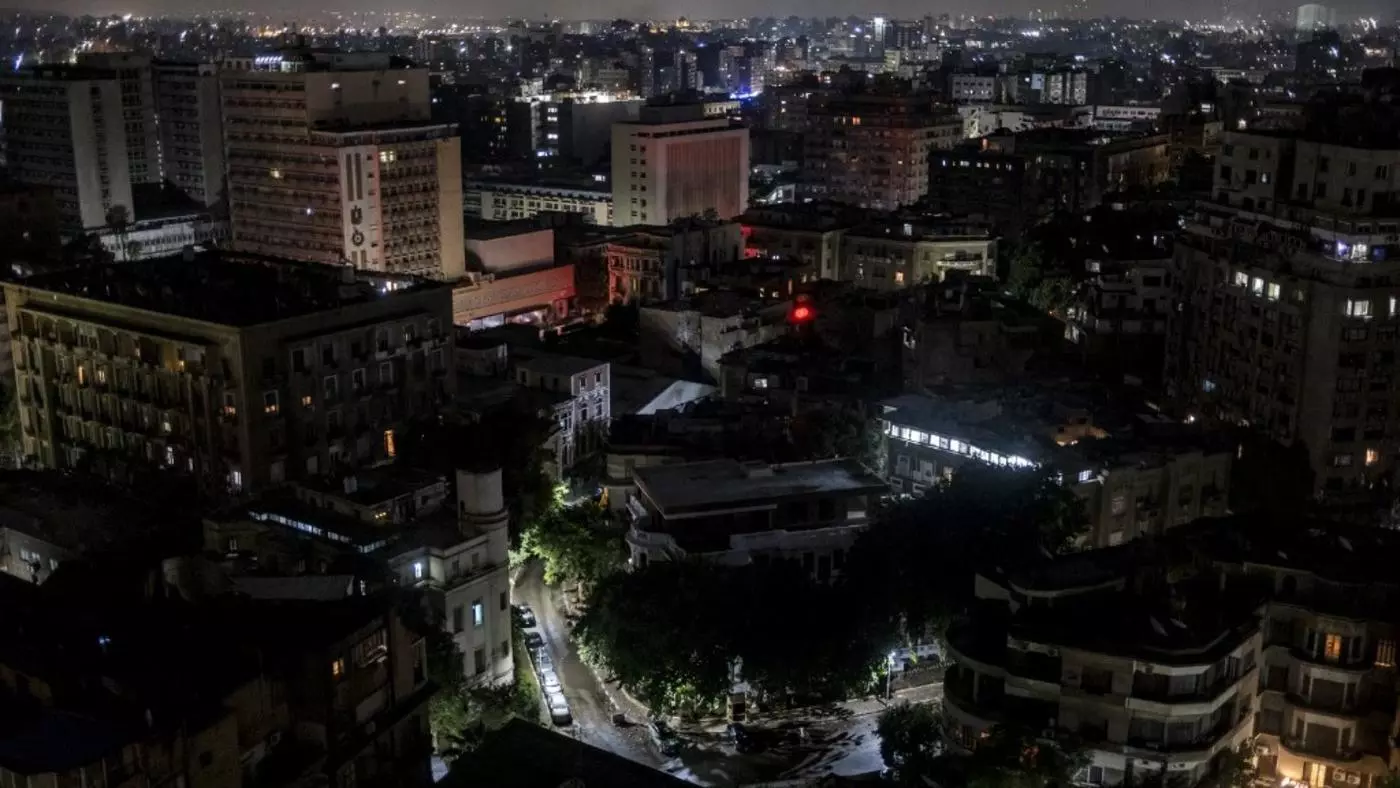
Osama Rashad, a political researcher specialized in Egyptian affairs, said that the energy crisis was a major challenge for the government, which was already facing economic difficulties.
“Egypt suffers from a huge shortage of hard currency, has huge external obligations due to its debt service, and its ability to access external financing is very limited. So, buying energy, in addition to rising global food prices and everything else, puts additional burdens on the state,” Rashad said.
In his interview with Al-Estiklal, Rashad added that Egypt has been struggling with its energy sector since the 2011 uprising that ousted longtime ruler Hosni Mubarak.
According to Rashad, years of underinvestment and mismanagement had eroded the infrastructure and efficiency of the sector, leading to chronic power shortages between 2012 and 2014.
“The problem persisted when Sisi came to power in 2014 after leading a military coup against his elected predecessor, Mohamed Morsi, as Egypt’s dependence on natural gas also exposed it to external shocks and fluctuations in supply and demand,” he noted.
“When Russia invaded Ukraine in February 2022, triggering a diplomatic crisis with Europe, Egypt saw an opportunity to increase its gas exports to European countries that were looking for alternative sources. However, this also meant that Egypt had less gas available for its domestic consumption and industry,” he concluded.
Sisi, who has staked his reputation on improving Egypt’s infrastructure and energy security, dismissed the power outages as a result of unusually high temperatures and said they could have been worse without the gas boom. “When there is a burden, we all have to help each other,” he said in August.
The power outages have also tarnished Sisi’s image as a leader who can deliver on his promises of stability and development.
The government has announced plans to boost its gas production and diversify its energy sources.
For now, Egypt is hoping that the cooler weather in the fall will ease the pressure on its power grid. Local media reported this week that the power outages are expected to end in September.







